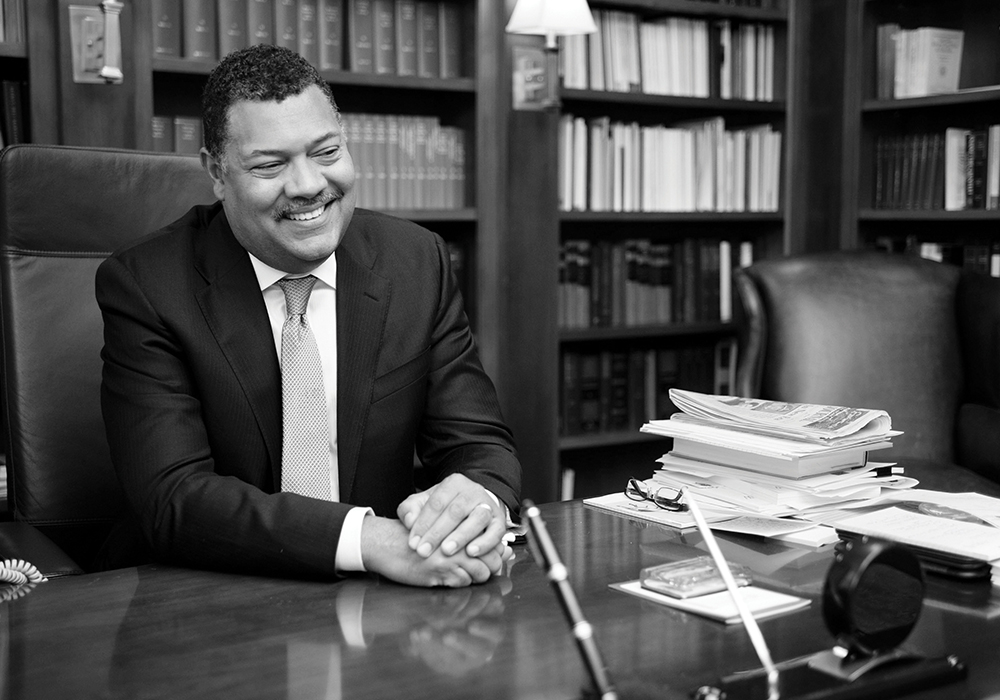As I write this column our nation has been engaged in an extraordinary political conversation, the likes of which I have not heard in my lifetime. Candidates for the presidency and many of their supporters have spoken in favor of barring Muslims from entering the country on the basis of their religion. In support of that position, some have cited the internment of Japanese Americans during the Second World War as a successful example of the containment of potential “enemies” in a time of crisis.
Fear is a natural human emotion, and responses to fear can be extreme. Much has happened in recent months to inspire fear in all of us, from terrorist attacks to mass shootings to inexplicable acts of police violence. All of these things have damaged our sense of security and, perhaps, our trust in one another. But upon reflection, we must think carefully about the sources of our fears and about the reality of the dangers we face. Acts of violence notwithstanding, what really ought to terrify us is the very real possibility of our country turning in on itself, unleashing a torrent of scapegoating and witch hunts that ultimately could destroy everything we have worked to build as a nation.
We are witnessing a moment in history that requires those of us trained as lawyers to draw deeply upon the most honorable traditions of our profession. The marginalized and the despised are those most in need of our assistance and support, and often lawyers are all that stand between them and mob justice. Furthermore, the tradition of Jesuit education that animates Boston College should make it clear to us that much of what we are hearing about Muslims, immigrants, and “others” degrades the foundations of the community we seek to build and serve.
“What really ought to terrify us is the very real possibility of our nation turning in on itself, unleashing a torrent of scapegoating and witch hunts that ultimately could destroy everything we have worked to build as a nation.”
Human beings—regardless of whether they are citizens or strangers—have dignity and rights. That dignity and those rights belong to them notwithstanding their membership in particular ethnic, religious, racial, or social groups. We should not be fooled by clumsy arguments that amount to nothing more than guilt by association or a primitive fear of those who are different.
Times like these can be very dangerous. The philosopher Hannah Arendt reminded us of this when she wrote of the “banality of evil” when describing the years that led to the rise of Nazi Germany and the Second World War. In our times, ideas and policies that would have been broadly rejected a decade ago now draw cheering audiences and serious engagement in the press. As fear consumes us, logic is replaced with misplaced passion and the profane becomes sacred.
As Americans, we have been blessed with a peace and prosperity that few people have ever known. Although we are facing some difficult economic realities and complex security challenges, our political traditions and economic prowess still remain the envy of much of the world. We have no right to this position; it is a privilege, and if we are not careful, we may squander it. Democracy under the rule of law is hard work, but if we are truly committed to human dignity, it is work we must do. Otherwise, we risk creating a society ruled by fear, which, history teaches us, descends quickly into barbarism.
Photograph by Suzi Camarata



